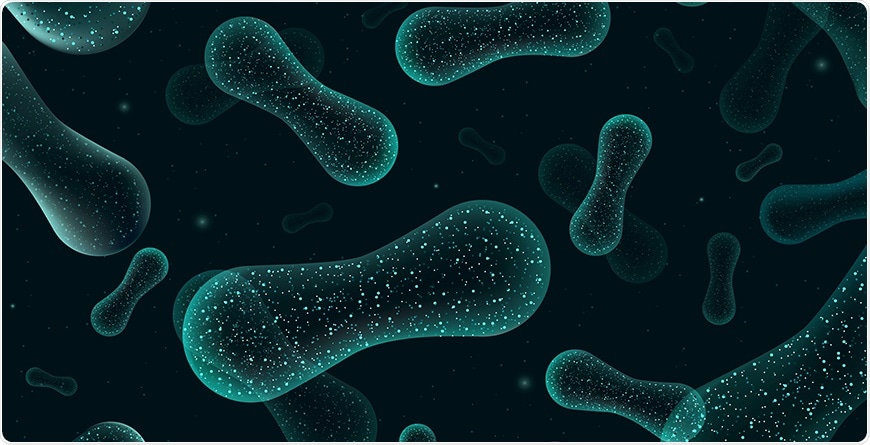Every year, 1 out of 54 children in the United States is diagnosed with autism spectrum disorder, and the count has been increasing, reports the Centers for Disease Research.

The body’s vast colonies of bacteria and other nonhuman cells are collectively known as the microbiome. In the gut, they perform a wide array of critical tasks. Researchers have found that those with autism spectrum disorder have an unusual microbial profile. Adjusting the gut microbiota by supplying healthy bacteria can help with both gastrointestinal and behavioral symptoms of the disease. Image Credit: Arizona State University.
The disease leads to complex, permanent developmental disabilities, which often appear during early childhood and have an impact on communication, social skills, self-control, and personal relationships.
In a new study published in the mSphere journal, scientists Rosa Krajmalnik-Brown, James Adams, and their collaborators all from Arizona State University emphasize the critical significance of bacterial microbes in the human gut for the diagnosis and treatment of autism spectrum disorder.
Autism is regarded as a “spectrum disorder,” presenting a range of stereotypic behaviors that can influence people to different extents. Although genetic correlates have been blamed, the entire range of basic causes of autism spectrum disorder is still obscure. Regardless of the prevalence of the disease and its intense societal impact, there is no effective FDA-approved treatment for the disorder at present.
Scientists noted the effects of microbial transfer therapy—a groundbreaking method—on autism spectrum disorder symptoms in previous research works. The method involves transplanting gut microbiota from healthy donors into autism spectrum disorder patients over a period of seven to eight weeks.
It produced evident changes in the autism spectrum disorder gut, leading to both improved gastrointestinal and behavioral symptoms of the disease. Surprisingly, improvement in symptoms continued for two years following the completion of the study.
The new study performed a closer analysis of changes in plasma and fecal metabolites following microbial transfer therapy.
Looking at metabolites is important because it can help us understand how microorganisms affect gastrointestinal symptoms and behavior. They can also be used as biomarkers.”
Krajmalnik-Brown, Director, Biodesign Center for Health Through Microbiomes, Arizona State University
Krajmalnik-Brown is also a professor at ASU’s School of Sustainable Engineering and the Built Environment and a researcher in the Biodesign Swette Center for Environmental Biotechnology.
In fact, an analysis of 619 plasma metabolites as part of the new research indicated a unique metabolic profile in autism spectrum disorder children before the microbial transfer therapy procedure.
A detailed study of metabolites in feces and blood, rather than just tabulating microbial species in the gut, is important when trying to unravel the complex bacterial interactions, which can form both competing and collaborative networks, based on the particulars of their environment.
After the procedure, levels of key metabolites in plasma were found to be closer to levels in typically developing children, indicating that this was an outcome of adjusting the bacterial cluster to further resemble conditions in the usual healthy gut, including an evident increase in microbial diversity.
The new study pinpoints important metabolic changes in plasma samples and more modest changes in fecal samples.
It was exciting to identify many differences in metabolite levels between children with autism and typically developing children, and to observe that many of the metabolite levels improved after microbiome transplant.”
James Adams, Professor, School for Engineering of Matter, Transport and Energy, Arizona State University
Adams is also the director of the Autism/Asperger’s Research Program at Arizona State University.
More research will be useful to improve the insights into the vital and complex interactions between the gut microbiome and neurological features related to autism spectrum disorder and enable fine-tuning of microbial transfer therapy, or different microbial-based therapies, for higher effectiveness in alleviating symptoms of autism spectrum disorder.
Source:
Journal reference:
Kang, D.-W., et al. (2020) Distinct Fecal and Plasma Metabolites in Children with Autism Spectrum Disorders and Their Modulation after Microbiota Transfer Therapy. mSphere. doi.org/10.1128/mSphere.00314-20.